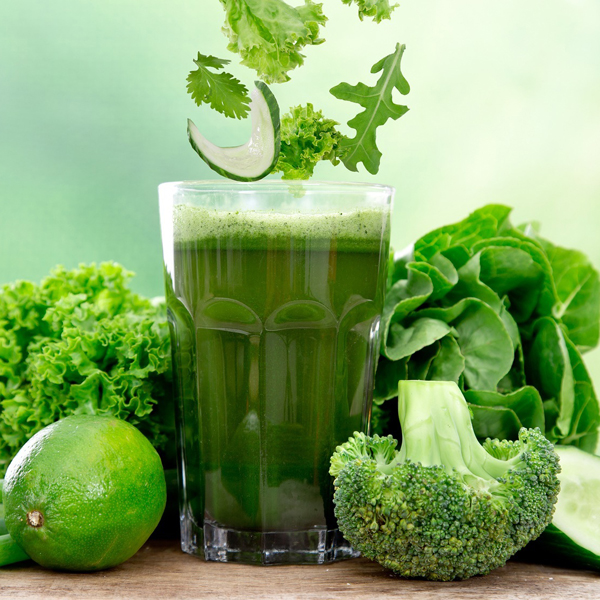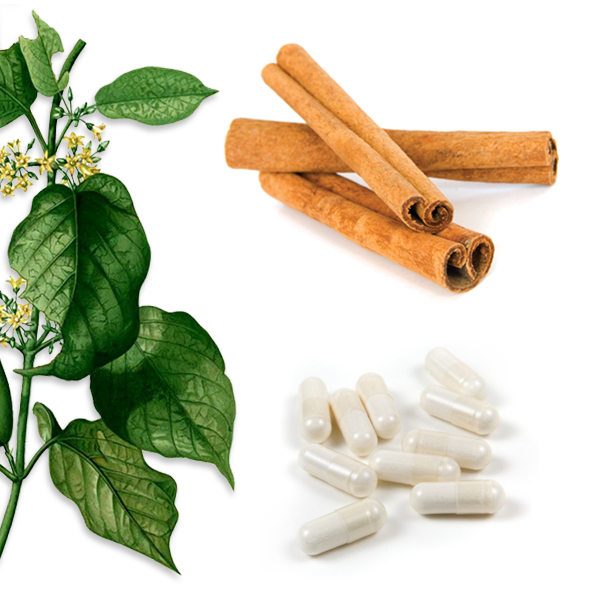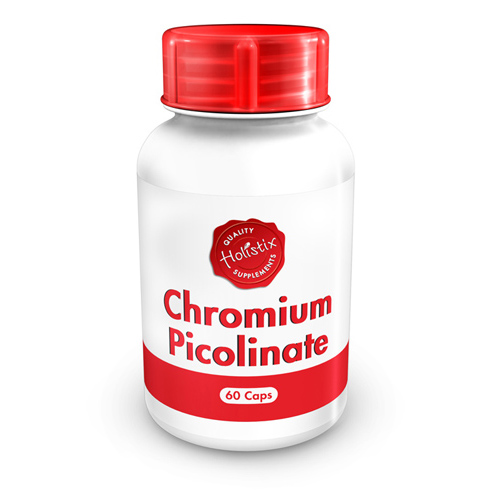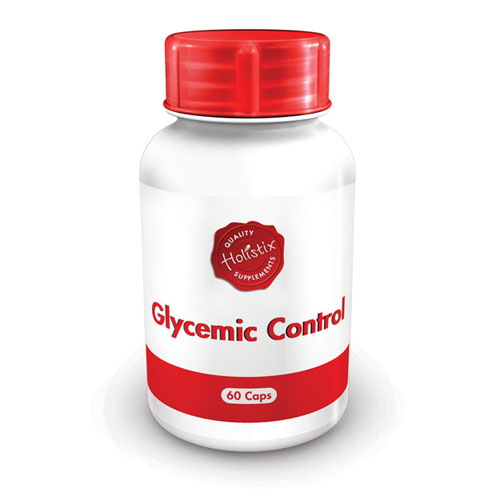
-
Increased thirst/hunger
-
Frequent urination
-
Sugar in your urine
-
Headache
-
Blurred vision
-
Fatigue

The topic of blood sugar control, diabetes, prediabetes and metabolic syndrome, is complicated and controversial. When it comes to dealing with these conditions, it is almost universally accepted that your diet and lifestyle choices are key to prevention and management. Recent studies indicate that you may be able to reverse type 2 diabetes with diet alone.
According to WHO, by 2014, it was estimated that there are over 400 million people that suffer from diabetes, and it is also estimated that about half of these people are not even aware that they have it.
Understanding blood glucose levels and the fluctuation of blood glucose levels is a key part of self-management. For the majority of healthy individuals normal blood sugar levels are between 4 and 6 mmol per litre when fasting and up to 7.8 mmol per litre two hours of eating.
Diabetes occurs when the body is unable to regulate the amount of glucose (sugar) in the blood. Carbohydrate foods are broken down to produce glucose, causing the blood glucose level to rise. The pancreas produces a hormone called Insulin, which regulates the blood glucose levels between certain limits. It can remove glucose from the blood and transport it into the cells of the body where it is needed for energy. Insulin also regulates the production of glucose by the liver and switches off production when the blood glucose level is high. Normally, the body produces enough insulin to keep the blood glucose levels between ideal levels at all times by removing excess glucose from the blood and regulating how much the liver produces.
But people with diabetes are not able to remove excess glucose from the blood and their blood glucose levels rise. There are two types of diabetes: Type 1 and Type 2. (although, watch out for a new type of diabetes which some are calling Type 3 or “Brain Diabetes”)
WHO defines and explains them and the prevention as follows; “Type 1 diabetes (previously known as insulin-dependent, juvenile or childhood-onset) is characterized by deficient insulin production and requires daily administration of insulin. The cause of type 1 diabetes is not known and it is not preventable with current knowledge. Symptoms include excessive excretion of urine, thirst, constant hunger, weight loss, vision changes and fatigue. These symptoms may occur suddenly. Type 2 diabetes (formerly called non-insulin-dependent or adult-onset) results from the body’s ineffective use of insulin. Type 2 diabetes comprises the majority of people with diabetes around the world, and is largely the result of excess body weight and physical inactivity. Symptoms may be similar to those of Type 1 diabetes, but are often less marked. As a result, the disease may be diagnosed several years after onset, once complications have already arisen. Until recently, this type of diabetes was seen only in adults but it is now also occurring increasingly frequently in children. Prevention. Simple lifestyle measures have been shown to be effective in preventing or delaying the onset of type 2 diabetes. To help prevent type 2 diabetes and its complications, people should: achieve and maintain healthy body weight; be physically active – at least 30 minutes of regular, moderate-intensity activity on most days, however more activity may be required for weight control; eat a healthy diet, avoiding sugar and saturated fats; and avoid tobacco use – smoking increases the risk of diabetes and cardiovascular diseases.”
In order to have a complete overview of this topic we need to understand two further categories;
Pre-diabetes, also known as impaired glucose tolerance, is a term used to describe an earlier state of progressing insulin resistance. It is conventionally diagnosed by having a fasting blood sugar between about 5.5 and 7 mmol per litre. In a 2014 article published by Dr Joseph Mercola, he claims pre-diabetes is very easy to turn around. “Simply swapping processed foods for whole organic foods lower in sugar and sugar-forming carbohydrates combined with a few minutes of daily exercise will quickly put you on the road to reversing this condition.”
Metabolic syndrome (in the past it was called Syndrome X) is a cluster of conditions — increased blood pressure, high blood sugar, excess body fat around the waist, and abnormal cholesterol or triglyceride levels — that occur together, increasing your risk of heart disease, stroke and diabetes. Having just one of these conditions doesn't mean you have metabolic syndrome. However, any of these conditions increase your risk of serious disease. Having more than one of these might increase your risk even more. If you have metabolic syndrome or any of its components, aggressive lifestyle changes can delay or even prevent the development of serious health problems.
There are many intellectual heavyweights that have weighed in on this topic. Big names like Dr Robert Lustig (the doc with a YouTube video with about 7 million views), Prof Tim Noakes (the sports science professor who started a revolution) and Dr Peter Attia (ketogenic diets and athletic output). If you’re interested, it is well worth the time and effort to google them and hear their take, particularly regarding diet and new “mother of all evil” SUGAR.


-
Get regular moderate exercise.
-
Get adequate high-quality sleep every night.
-
Maintain optimal vitamin D levels year-round.
-
Maintain a healthy weight.
-
Optimise your gut health.

-
Eat real food.
-
Avoid all forms of sugar, grains, trans-fats and processed foods.
-
Get adequate high-quality proteins, fibre, and healthy fats.
-
Improve the ratio of Omega-3 to Omega-6.
-
Drink adequate quantities of clean water.



-
Magnesium
-
Chromium
-
Cinnamon
-
Gymnema Sylvestre
-
Bitter Melon
Magnesium is an important mineral that’s responsible for many tasks within the body. It has a strong influence on blood sugar management, along with a host of enzymatic processes that you need to stay healthy and feel your best. Diets heavy in processed foods, caffeine, animal products, and sugar are all usually deficient in magnesium. Why? Because these diets lack whole, plant-based foods, which are the largest source of magnesium of all foods out there. Magnesium not only helps regulate blood sugar, but can also impact sugar cravings, mood, energy, and even headaches, sleep, and regularity. Some of the most magnesium-rich foods include leafy greens, nuts, seeds, cacao, root vegetables, seaweed, soy and other beans, and some varieties of legumes and grains.
Chromium. This mineral is also responsible for healthy insulin production in the body. Chromium helps regulate blood sugar, prevent sugar cravings, and influences how insulin is used in the body overall. Chromium is another mineral often missing in diets rich in processed foods, animal protein, and a high sugar diet. This vital mineral is found abundantly in leafy greens, vegetables such as broccoli and green beans, nuts, seeds, seaweed, nuts, beans, legumes, whole grains (especially oats and barley), brewer’s and nutritional yeast, and once again, cacao. It’s even found in some fruits such as tomatoes and spices like black pepper and cinnamon.
Cinnamon is a spice that is made from the inner bark of trees called Cinnamomum. It has been used as an ingredient throughout history, dating back as far as Ancient Egypt. It used to be rare and valuable, and was regarded as a gift fit for kings. Cinnamon is Loaded With Antioxidants which protect the body from oxidative damage caused by free radicals. Cinnamon is loaded with powerful antioxidants, such as polyphenols Cinnamon may reduce insulin resistance, helping this incredibly important hormone to do its job. By helping insulin do its job, cinnamon can lower blood sugar levels. Apart from the beneficial effects on insulin resistance, cinnamon can lower blood sugar by several other mechanisms. First, cinnamon has been shown to decrease the amount of glucose that enters the bloodstream after a meal. It does this by interfering with numerous digestive enzymes, which slows the breakdown of carbohydrates in the digestive tract. Second, a compound in cinnamon can act on cells by mimicking insulin. This greatly improves glucose uptake by cells, although it acts much slower than insulin itself.
Gymnema Sylvestre is an herb found in the tropical forests of India and Asia. Gymnema has historic use as a therapy for supporting balanced blood sugar levels and arthritis and has also earned significant recent interest as a multi-supportive therapy for weight management. Evidence suggests gymnema can reduce cravings for sweets, reduce sugar absorption during digestion, and promote normal blood sugar levels.
Bitter Melon, or Goya, is commonly used for beneficial health reasons. Bitter melon is also referred to as bitter gourd, Karela, or Balsam Pear. The melon has an extremely bitter taste, but it is a helpful food. Bitter melon is commonly added to stir-fry, or may be enjoyed stuffed. It may also be added to the diet as a supplement. Some studies have shown that bitter melon lowers blood sugar through increased metabolism of glucose.
Fenugreek is an annual herb with light green leaves and small white flowers. It’s of the pea family (Fabaceae) and also known as Greek hay (Trigonella foenum-graecum). The fenugreek plant stands erect at two to three feet tall, and the seed pods contain 10–20 small, flat, yellow-brown, pungent and aromatic seeds.
Fenugreek seeds have a somewhat bitter taste, similar to celery, maple syrup or burnt sugar, and are often used to make medicine.Fenugreek appears to slow absorption of sugars in the stomach and stimulate insulin. In Traditional Chinese Medicine, the spice is known as a phlegm mover and is said to break up stuck energies and cool inflammation within the body.
Fiber. Soluble fiber may help to slow your body's breakdown of carbohydrates and the absorption of sugar, helping with blood sugar control. Fiber supplements have been shown to enhance weight loss among obese people, likely because fiber increases feelings of fullness, it may provide some relief for IBS.
B-Complex Vitamins. Vitamins B6 and B12 specifically support nerve health, which is critical for addressing conditions such as diabetic neuropathy. Biotin is another B-complex vitamin that is necessary for both metabolism and growth. Biotin is also involved in the manufacture and utilization of protein, fats and carbohydrates.
Vitamin E is the body’s premier fat-soluble antioxidant. It improves glucose control and protects blood vessels and nerves from free radical damage, which is accelerated by the diabetes. Studies have shown that high doses of supplemental vitamin E may protect against diabetic cataracts and atherosclerosis.
Disclaimer
If you are on any medication or suffering from any medical condition, it is advisable to seek medical advice before starting any new medicine, supplement or remedy.




